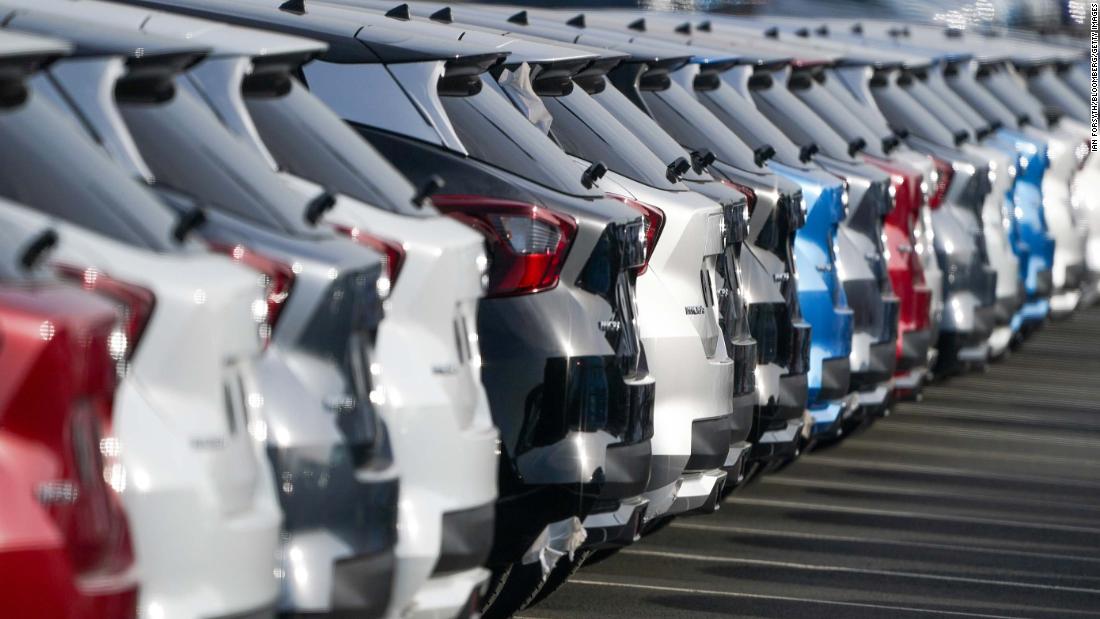Already under the enormous pressure stemming from the slump in sales and profits in 2019, the slump in global car demand this year could push French and Japanese companies much closer together to cut costs and share the burden of building a new generation of electric vehicles.
The car manufacturers have been partners since 1999, collaborating on strategy and product development without ever taking the big step and completing a complete merger. Together with junior partner Mitsubishi Motors, the extraordinary industrial alliance employs around 450,000 people and in 2018 sold about one in nine cars worldwide.
Renault participated in the merger talks with a European rival, and there were important questions about how the alliance would revive its fortunes in North America, where Nissan is an important player but its French counterpart is not. Analysts also raised questions about cultural differences in companies.
So far the companies have largely maintained separate production facilities. Sharing production at the Sunderland plant could be a sign that car manufacturers have put aside their differences and are responding to the crisis by helping each other to cut costs.
According to Nikkei, Renault and Nissan are examining shared production facilities in other parts of Europe, as well as in South America and Southeast Asia. Nissan, for example, could start manufacturing Renault vehicles in its factories in Brazil. Companies are reportedly hoping to increase the number of parts that can be shared among their cars and speed up plans to develop a shared vehicle platform.
Nissan and Renault spokesmen declined to comment on Monday.
Renault and Nissan were already struggling
Renault was in trouble before the pandemic hit. The French automaker has reported its worst financial performance in a decade of last year, with net profit down 99% to just € 19 million ($ 21 million). Its share price plummeted 69% from the beginning of 2019.
In April, the company’s global sales fell nearly 70% from the same month last year when the pandemic hit Europe and North America. The company shut down production at its 12 plants in France in mid-March, resuming operations in most plants this month only.
French finance minister Bruno Le Maire warned Friday that Renault is in “serious financial difficulties”. “Renault can disappear,” he told Europa 1 radio.
The French government owns 15% of Renault and is currently negotiating the terms of a € 5 billion ($ 5.4 billion) loan for the company, which Le Maire has not yet approved. Last week, the finance minister said that Renault should not shut down a factory north of Paris, one of the few structures that currently makes cars for Nissan.
“We sign when we know what Renault’s strategy is,” Le Maire told the radio station. The company’s plans must include a transition to greener vehicles. “We want Renault to be more productive and produce even more vehicles, especially electric, in France,” he added.
Nissan, which reports financial results for fiscal 2019 on Thursday, has experienced four consecutive quarters of declining earnings. Operating profit fell to 54.3 billion yen ($ 504 million) for the three months ended December, plunging 83% from the same quarter a year earlier.
– Hanna Ziady contributed to the report.

Coffee enthusiast. Travel scholar. Infuriatingly humble zombie fanatic. Thinker. Professional twitter evangelist.







